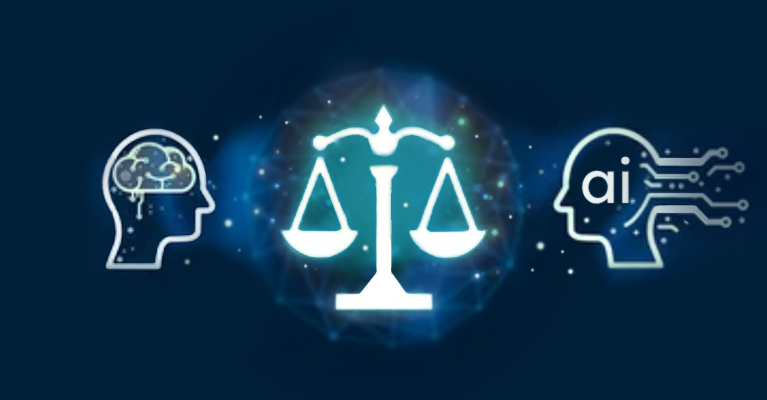New Technology and Responsible Innovation (PHIL41870)
6-week short course (2.5 ECTS)
Course Description
The New Technology and Responsible Innovation micro-credential addresses urgent and fascinating questions regarding technology and the ethical challenges arising from its impact on our everyday lives, work environment, and society, especially in terms of privacy and responsibility.
The micro-credential will guide students through a multifaceted analysis of technology. We will start by analyzing how technologies shape our perception and understanding of workplace and relationships. We identify and discuss some of the main ethical questions that recent technological development has raised, such as should moral values be integrated in the design of technologies? If so, how do we achieve that? Moreover, how do we make sure that we introduce and use technologies in a responsible way? And what are the benefits and costs of the growing importance of AI technology? How should we evaluate possible ethical consequences, such as misdiagnosing patients, increasing misinformation, and spreading prejudices? Who is responsible for the harm caused? The micro credential will also explore possible strategies to regulate the impact of technologies, the benefits they provide, and the risks they impose, and discuss which ethical principles should guide the design, introduction, and use of technologies and the moral virtues that responsible designers and users should develop.
Who Should Apply
In the last decade, technologies have revolutionized our work environments, by expanding business opportunities and increasing productivity and efficiency, as well as raising important ethical questions in terms of privacy, autonomy, responsibility, and wellbeing. This micro-credential has been designed for professionals who need and wish to learn about the ethical challenges posed by the design, introduction, and use of technologies in the work environment, such as professionals designing or selling technologies (e.g., sales engineers) and any professions relying on new technologies of any kind, such as in human resources, collection of data, legal practice, and healthcare.
What Do You Study in this Course?
Questions explored in the micro-credential:
- What is technology and what kinds of ethical questions does it raise?
- Are technologies morally and politically neutral? Or do they carry and propagate specific moral values and political ideals?
- And if values and ideals are embedded in technologies, how do we make sure that technologies are aligned with the values and ideals that we find desirable?
- What should count as responsible innovation? How should we evaluate and compare possible risks and benefits when making decisions regarding the design and introduction of new technologies in society/workplace?
- Which moral principles should guide the use of technologies?
- Are there virtues that technology designers and users should develop?
Benefits of Studying this Course
This microcredential will be relevant to those who wish to acquire competitive skills in the contemporary work environment, who strive to create a healthy workplace, grow as a responsible professional, and become agents for positive change. In particular, students will acquire and develop ethical decision making skills, learn how to manage risks and opportunities arising from the design, introduction, and use of technologies in the workplace, and successfully solving ethical conflicts in terms of privacy, autonomy, and responsibility.

